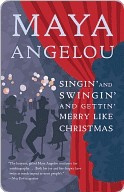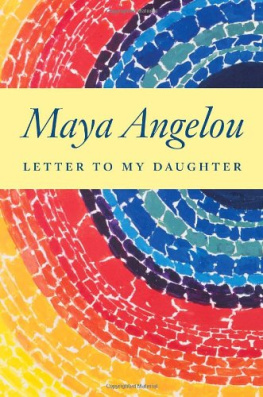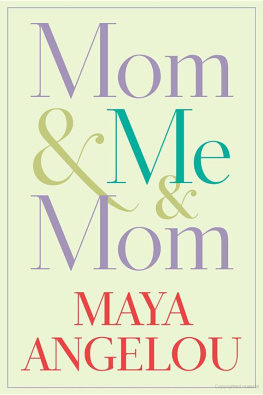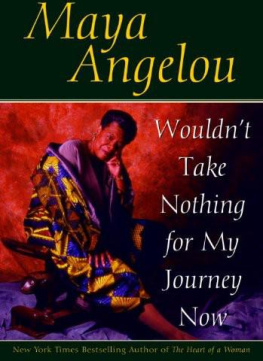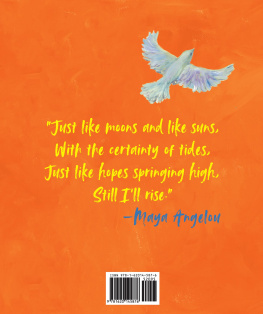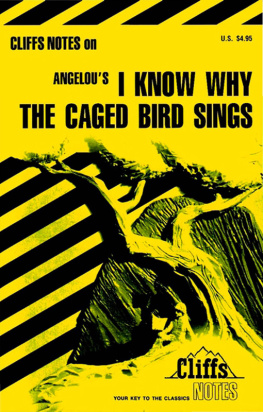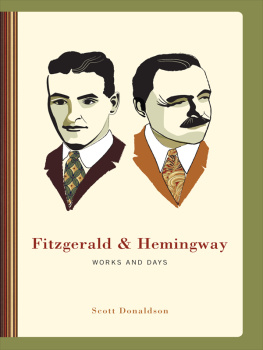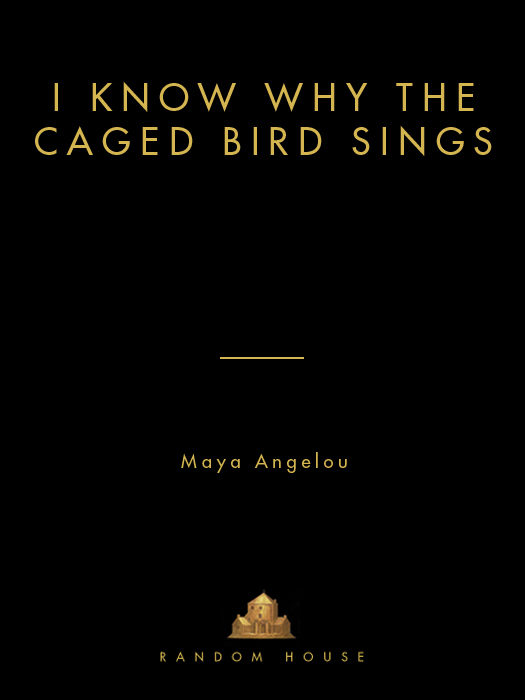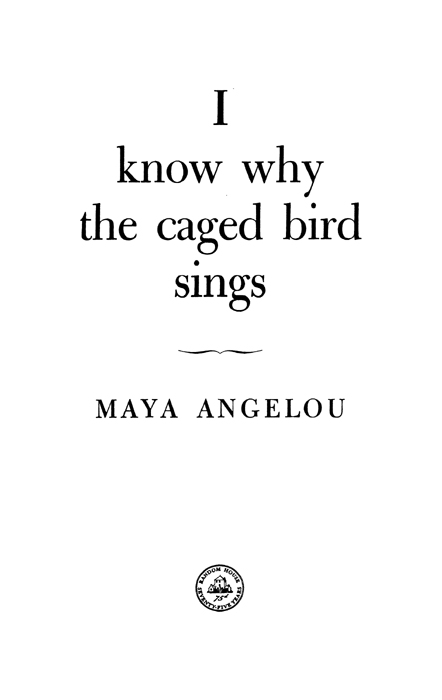ACKNOWLEDGMENTS
I thank my mother, V IVIAN B AXTER , and my brother, B AILEY J OHNSON , who encouraged me to remember. Thanks to the H ARLEM W RITERS G UILD for concern and to J OHN O. K ILLENS who told me I could write. To N ANA K OBINA N KETSIA IV who insisted that I must. Lasting gratitude to G ERARD P URCELL who believed concretely and to T ONY DA MATO who understood. Thanks to A BBEY L INCOLN R OACH for naming my book. A final thanks to my editor at Random House, R OBERT L OOMIS , who gently prodded me back into the lost years.

What you looking at me for?
I didnt come to stay
I hadnt so much forgot as I couldnt bring myself to remember. Other things were more important.
What you looking at me for?
I didnt come to stay
Whether I could remember the rest of the poem or not was immaterial. The truth of the statement was like a wadded-up handkerchief, sopping wet in my fists, and the sooner they accepted it the quicker I could let my hands open and the air would cool my palms.
What you looking at me for ?
The childrens section of the Colored Methodist Episcopal Church was wiggling and giggling over my well-known forgetfulness.
The dress I wore was lavender taffeta, and each time I breathed it rustled, and now that I was sucking in air to breathe out shame it sounded like crepe paper on the back of hearses.
As Id watched Momma put ruffles on the hem and cute little tucks around the waist, I knew that once I put it on Id look like a movie star. (It was silk and that made up for the awful color.) I was going to look like one of the sweet little white girls who were everybodys dream of what was right with the world. Hanging softly over the black Singer sewing machine, it looked like magic, and when people saw me wearing it they were going to run up to me and say, Marguerite [sometimes it was dear Marguerite], forgive us, please, we didnt know who you were, and I would answer generously, No, you couldnt have known. Of course I forgive you.
Just thinking about it made me go around with angels dust sprinkled over my face for days. But Easters early morning sun had shown the dress to be a plain ugly cut-down from a white womans once-was-purple throwaway. It was old-lady-long too, but it didnt hide my skinny legs, which had been greased with Blue Seal Vaseline and powdered with the Arkansas red clay. The age-faded color made my skin look dirty like mud, and everyone in church was looking at my skinny legs.
Wouldnt they be surprised when one day I woke out of my black ugly dream, and my real hair, which was long and blond, would take the place of the kinky mass that Momma wouldnt let me straighten? My light-blue eyes were going to hypnotize them, after all the things they said about my daddy must of been a Chinaman (I thought they meant made out of china, like a cup) because my eyes were so small and squinty. Then they would understand why I had never picked up a Southern accent, or spoke the common slang, and why I had to be forced to eat pigs tails and snouts. Because I was really white and because a cruel fairy stepmother, who was understandably jealous of my beauty, had turned me into a too-big Negro girl, with nappy black hair, broad feet and a space between her teeth that would hold a number-two pencil.
What you looking The ministers wife leaned toward me, her long yellow face full of sorry. She whispered, I just come to tell you, its Easter Day. I repeated, jamming the words together, IjustcometotellyouitsEasterDay, as low as possible. The giggles hung in the air like melting clouds that were waiting to rain on me. I held up two fingers, close to my chest, which meant that I had to go to the toilet, and tiptoed toward the rear of the church. Dimly, somewhere over my head, I heard ladies saying, Lord bless the child, and Praise God. My head was up and my eyes were open, but I didnt see anything. Halfway down the aisle, the church exploded with Were you there when they crucified my Lord? and I tripped over a foot stuck out from the childrens pew. I stumbled and started to say something, or maybe to scream, but a green persimmon, or it could have been a lemon, caught me between the legs and squeezed. I tasted the sour on my tongue and felt it in the back of my mouth. Then before I reached the door, the sting was burning down my legs and into my Sunday socks. I tried to hold, to squeeze it back, to keep it from speeding, but when I reached the church porch I knew Id have to let it go, or it would probably run right back up to my head and my poor head would burst like a dropped watermelon, and all the brains and spit and tongue and eyes would roll all over the place. So I ran down into the yard and let it go. I ran, peeing and crying, not toward the toilet out back but to our house. Id get a whipping for it, to be sure, and the nasty children would have something new to tease me about. I laughed anyway, partially for the sweet release; still, the greater joy came not only from being liberated from the silly church but from the knowledge that I wouldnt die from a busted head.
If growing up is painful for the Southern Black girl, being aware of her displacement is the rust on the razor that threatens the throat.
It is an unnecessary insult.
1
When I was three and Bailey four, we had arrived in the musty little town, wearing tags on our wrists which instructedTo Whom It May Concernthat we were Marguerite and Bailey Johnson Jr., from Long Beach, California, en route to Stamps, Arkansas, c/o Mrs. Annie Henderson.
Our parents had decided to put an end to their calamitous marriage, and Father shipped us home to his mother. A porter had been charged with our welfarehe got off the train the next day in Arizonaand our tickets were pinned to my brothers inside coat pocket.
I dont remember much of the trip, but after we reached the segregated southern part of the journey, things must have looked up. Negro passengers, who always traveled with loaded lunch boxes, felt sorry for the poor little motherless darlings and plied us with cold fried chicken and potato salad.
Years later I discovered that the United States had been crossed thousands of times by frightened Black children traveling alone to their newly affluent parents in Northern cities, or back to grandmothers in Southern towns when the urban North reneged on its economic promises.
The town reacted to us as its inhabitants had reacted to all things new before our coming. It regarded us a while without curiosity but with caution, and after we were seen to be harmless (and children) it closed in around us, as a real mother embraces a strangers child. Warmly, but not too familiarly.
We lived with our grandmother and uncle in the rear of the Store (it was always spoken of with a capital s), which she had owned some twenty-five years.
Early in the century, Momma (we soon stopped calling her Grandmother) sold lunches to the sawmen in the lumberyard (east Stamps) and the seedmen at the cotton gin (west Stamps). Her crisp meat pies and cool lemonade, when joined to her miraculous ability to be in two places at the same time, assured her business success. From being a mobile lunch counter, she set up a stand between the two points of fiscal interest and supplied the workers needs for a few years. Then she had the Store built in the heart of the Negro area. Over the years it became the lay center of activities in town. On Saturdays, barbers sat their customers in the shade on the porch of the Store, and troubadours on their ceaseless crawlings through the South leaned across its benches and sang their sad songs of The Brazos while they played juice harps and cigar-box guitars.


